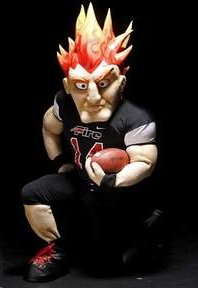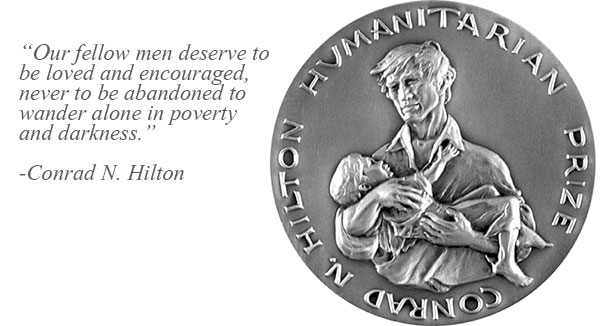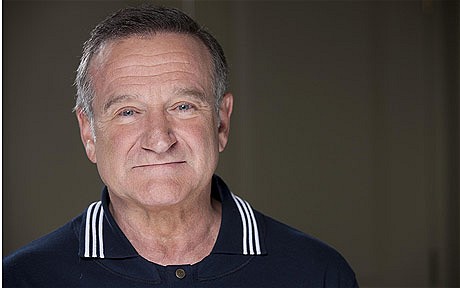
8-25-14 While my schedule keeps me from responding to all of the emails that I receive, I do read all of them. I especially enjoy reading personal stories. Here is one from a reader in Australia that I wish to share. While it is a sad note, it also describes the beauty of friendship. Having friends is important, especially when someone has a serious mental illness and often feels isolated and alone.
Dear Pete,
I had a friend who took lithium for 25 years. It kept her sane and she was able to work fulltime, but it eventually destroyed her kidneys.
She was on dialysis for four years before she died in a private hospital.
When her kidneys began to fail, she had to be taken off lithium, and all sorts of other medication was tried to keep her thinking straight. Before she was on lithium, she was suicidal and jumped off the Auckland Harbor Bridge. She landed near a boat where men were fishing, and they dragged her aboard. The police picked her up and took her to hospital.







